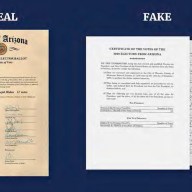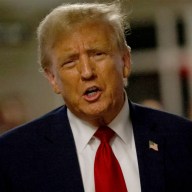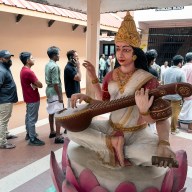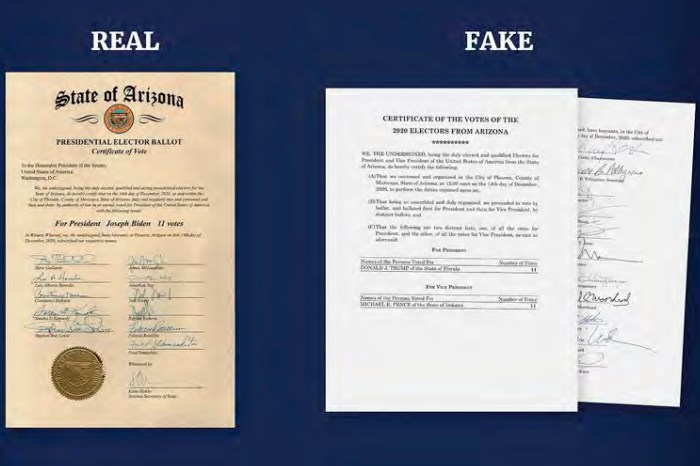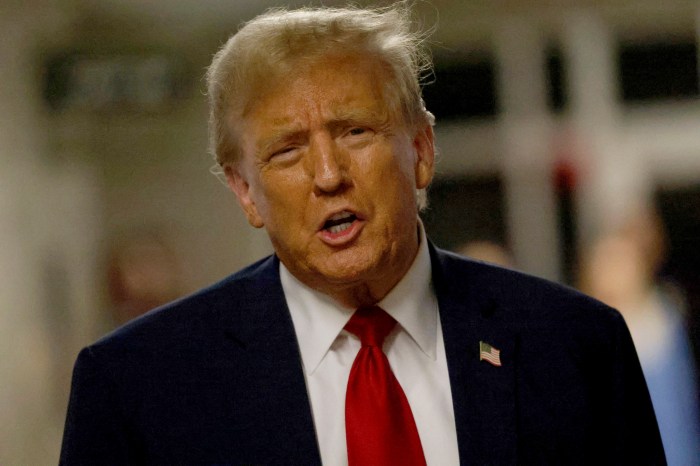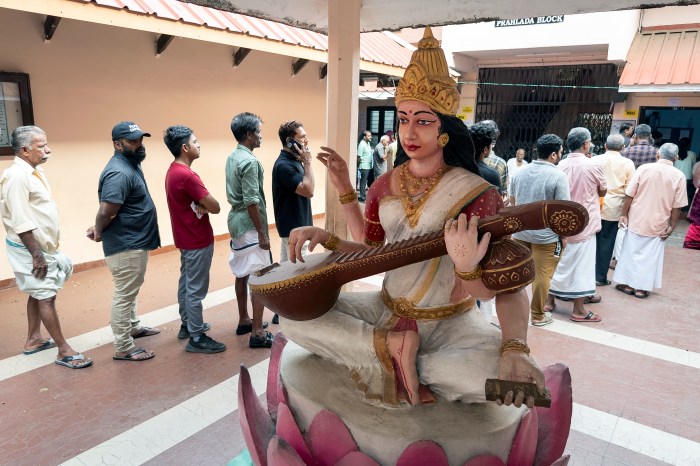BANGKOK, Thailand – In the eyes of Myanmar’s military leaders, everyone is a potential enemy. Even foreign aid workers.
As the international community waits to deliver desperately needed aid to Myanmar’s cyclone survivors, it is getting a lesson in the mind-set of the country’s military rulers: reclusive, xenophobic generals whose junta has held power for almost half a century.
A week after cyclone Nargis slammed into Myanmar’s western coast, killing tens of thousands and leaving an estimated one million people homeless, the impoverished country’s needs remain enormous. After initially pleading for urgent help, the junta now seems in no rush to welcome it.
“The military regime is extraordinarily xenophobic. They are afraid of everything,” said Sean Turnell, a Myanmar expert at Australia’s Macquarie University.
Among the junta’s fears are internal uprisings, a U.S. invasion and globalization and its capacity to dilute traditional Burmese culture. In the aftermath of Saturday’s cyclone, the junta also appears to be afraid of losing face with its people.
“If they can’t handle the situation and they let westerners come in with helicopters, this will demonstrate to their own people the shortcomings of the military,” Turnell said. “They are more concerned with control and maintaining an omniscience in front of their people than saving lives.”
Myanmar’s Foreign Ministry said in a statement Friday that it wants relief supplies but not foreign aid workers in the country.
The government “is not yet ready” to receive foreign rescue workers or journalists and was capable of delivering emergency aid “with its own labour to the affected areas,” it said.
After days of stalling, the junta gave clearance Thursday for the first major international airlifts carrying aid to cyclone survivors. But it continued to withhold visas for several UN teams seeking entry, said Richard Horsey, a UN spokesman in neighbouring Thailand.
A foreign military’s presence in Myanmar – especially allowing in U.S. forces with their high airlift capacity – would mark a major concession by the junta.
“They’re afraid that if foreign soldiers come in they are the spearhead to overthrow the government,” said Josef Silverstein, a retired Rutgers University professor who studied Myanmar for more than a half century.
From the junta’s perspective: “Aid workers could be carrying weapons to give to the people, they could give them ideas of how to overthrow the government.”
Aid agencies say efforts to rush relief supplies to large-scale disasters are often slowed by red tape, but Myanmar’s foot dragging has a deeper, historical context.
The junta has long mistrusted the West because of more than a century of British colonial rule that ended in 1948. A parliamentary democracy survived until dictator Gen. Ne Win seized power in a 1962 coup.
During his 26-year rule, Ne Win’s regime curtailed human rights and political opposition and closed the country to outsiders, earning Burma, as it was then known, the nickname “Asia’s hermit.”
Tourists were, for the most part, not allowed in until the 1970s when visitors were given strict, seven-day visas.
These days tourists get one-month visas but journalists are welcome only during carefully scripted occasions, such as the annual celebration of Armed Forces Day to commemorate the military’s might.
Over the years, ruling juntas have imposed a variety of laws designed to keep Burmese culture strong and block the influence of the outside world: It is illegal for locals to hold foreign currency and to host foreigners in their homes overnight. Foreign diplomats are required to seek government permission to travel outside Yangon, the commercial capital.
The junta despises detained opposition leader Aung San Suu Kyi, partly because of her connection to the West. Suu Kyi spent time living in Britain and was married to a British man, which the junta says makes her a traitor, even though her father, Gen. Aung San, is a national hero who founded the army and led the fight for independence from Britain.
One of the junta’s main foes is the United States, which has imposed economic sanctions against the generals and is a strident critic of Myanmar’s human rights record. Washington is a regular target of contempt in Myanmar’s state-controlled media.
The U.S. invasions of Iraq in 1991 and in 2003 only added to the junta’s mistrust. Some analysts believe the junta’s abrupt decision in 2005 to relocate the country’s capital from Yangon to the remote city of Naypyitaw, which it carved out of dense jungle, was driven by fears of a U.S. invasion.
Earlier this week, President George W. Bush said his message to military rulers was: “Let the United States come help you.”
His wife, first lady Laura Bush, described the junta as “very inept” on several fronts and accused Myanmar’s leaders of failing to give citizens lifesaving warnings about the cyclone.
That kind of language is not helpful, said Monique Skidmore, a Myanmar expert at Australian National University.
“It’s actually making it a lot more difficult for the U.S. agencies because Bush must be enraging the generals,” said Skidmore. “That’s not the thing to be doing if he wants to get aid there as quickly as possible.”






